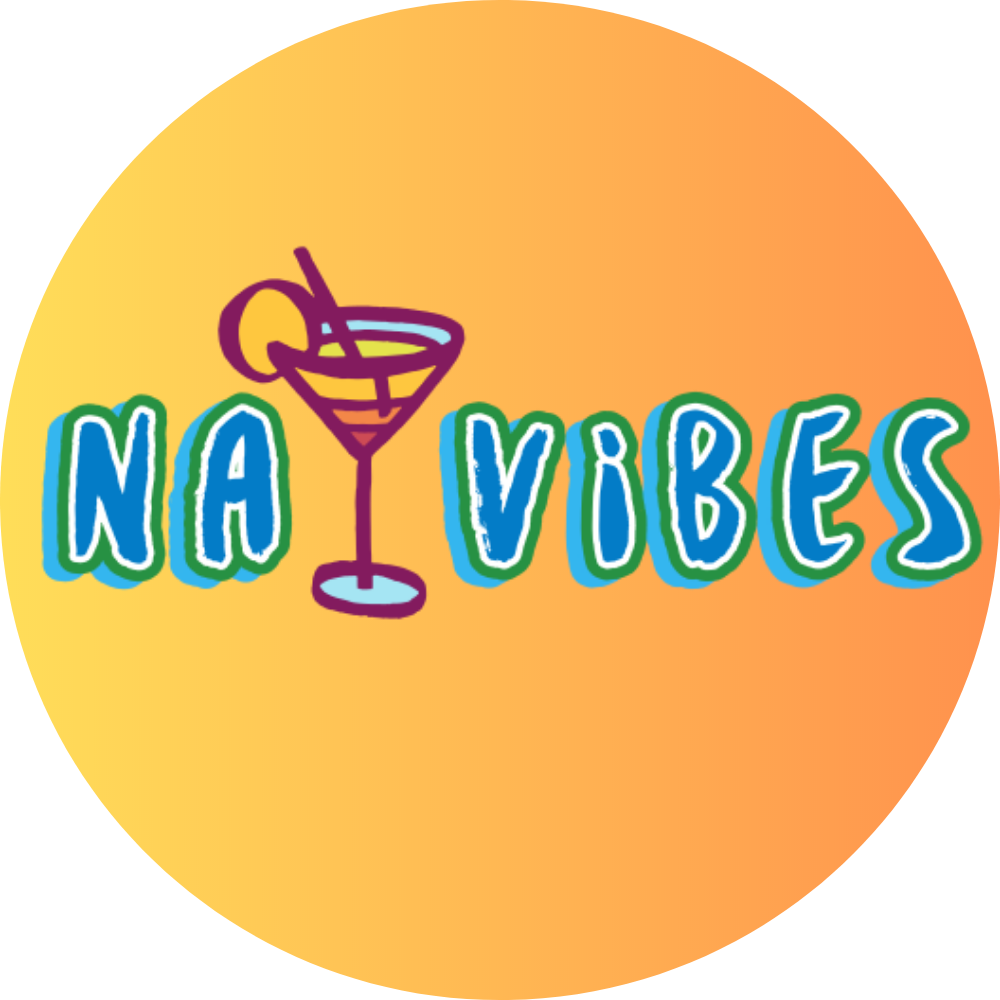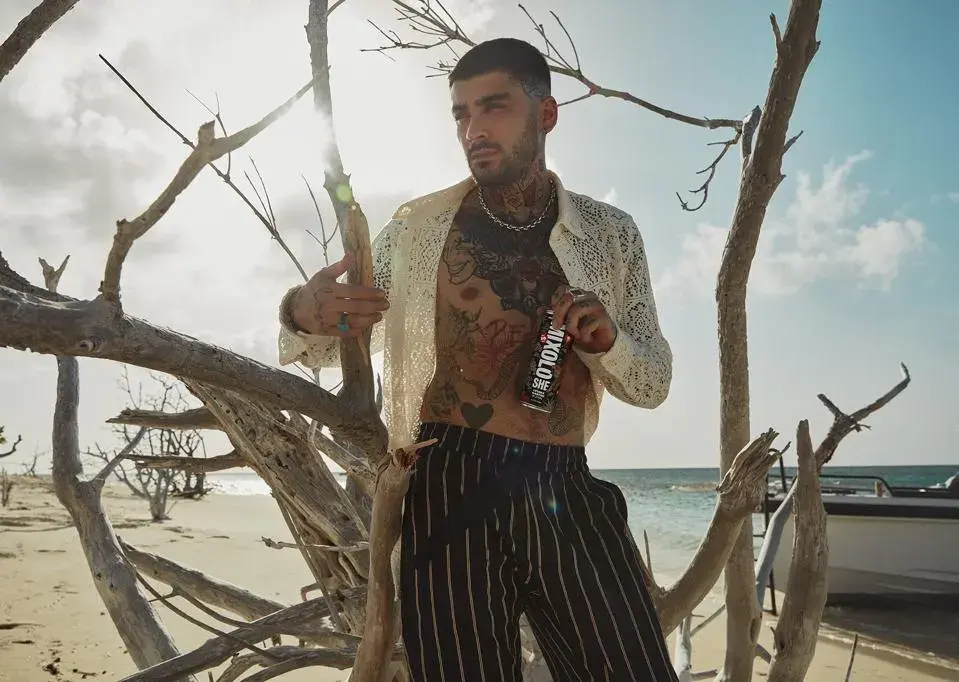Considering a new challenge? Try Dry January
- Joel Stoner

- Dec 27, 2022
- 5 min read
December 27, 2022 | Autumn Bishop for LMHealth
The start of a new year brings a myriad of possibilities. Many people resolve to make small or large changes in their lives. If you’ve had a holiday season filled with parties, food and bubbly or maybe you’ve awoken one too many times with your head feeling fuzzy, you may be thinking about taking on a new challenge – Dry January.
Dry January began in 2013 as a public health initiative from Alcohol Change UK. The one-month alcohol-free challenge lets participants sample sobriety and asks the question: Can living one month without alcohol really make a difference?
Alcohol use in the US
The history of alcohol in the United States has been fraught, coming to a head in the 20th century with the prohibition movement and the ratification of the 18th Amendment to the US Constitution. Enacted in 1920, prohibition strictly prohibited the production, importation, transportation and sale of alcoholic beverages until the amendment was repealed in 1933.

“In the prohibition era, people started to realize the damage that alcohol causes and recognize it as a poison,” explained Matthew Carey, MD, a psychiatrist with LMH Health’s Internal Medicine Group. “Following prohibition’s reversal, the pendulum has swung back and forth over the last century with societal changes toward alcohol and vacillations about what to do about alcohol use.” Alcohol affects the body in a number of ways, both physically and mentally. Some effects are temporary while others build over time and can significantly affect your quality of life. Short-term effects include:
Loss of balance
Lowered inhibitions
Changes in mood, including anxiety, depression and irritability
Slow reflexes
Dehydration
GI issues
Poor sleep
Long-term alcohol use may cause more serious and even deadly health consequences. Dr. Carey explained that alcohol is an organic toxin with harmful results when used in high concentrations. High blood pressure, stroke, cancer, liver disease, sexual dysfunction, depression and dementia are just a few of the health risks.
A report from Massachusetts General Hospital found that drinking to excess, including binge drinking, increased by 21% during the COVID-19 pandemic. Researchers predict that by 2023, this change in drinking patterns will cause 100 additional deaths and 2,800 cases of liver failure. By 2040, the result will include 8,000 additional deaths from alcohol-related liver disease, 18,700 cases of liver failure and 1,000 cases of liver cancer.
“Alcohol is 100% a poison,” Dr. Carey said. “Any amount of alcohol is, in the end, too much for an ideal health status.”
Sober curiosity
AJ Strickland, MD, a board-certified addiction and family medicine doctor and the medical director at DCCCA, said that Dry January and “sober curious” events can serve as an exploration into how ingrained alcohol is in our culture, particularly in the Midwest and in American traditions.

“There are some holidays where it’s part of the tradition to drink, like St. Patrick’s Day, the Fourth of July and New Year’s Eve. It’s even more unusual not to drink then, sometimes to the point that you’re aggressively questioned,” he said. “An event like Dry January gives you a way to explore what it’s like not to drink and to look more critically at what drives your behaviors around drinking without having to explain yourself.”
Dry January provided that opportunity for Samantha* to do just that. She’d previously tried to take a step back from drinking, but felt pressure from friends and family.
“It was always, ‘just come out for one drink’ or ‘it’s a birthday party’ or ‘you don’t have a problem, why would you do that?’ I felt like it was just too hard to say no, so I’d cave. That one drink always turned into more,” she said.
Reading an article about Dry January in late 2021 gave Samantha the push that she needed to try again. It gave her permission to try living alcohol-free for a month with fewer societal repercussions. She saw the difference when a friend invited her out for drinks before a basketball game.
“I was very upfront and explained that I’d love to hang out and even pick them up since I was doing Dry January,” Samantha said. “It wasn’t an issue at all and I was shocked – and very relieved.”
Why should I participate?
If you’re curious about Dry January, you’re in good company. A survey from food and drink research firm CGA found that nearly 35% of Americans abstained from alcohol in January 2022. Dr. Strickland thinks that some of the momentum is coming from a younger audience.
“It may seem counter-intuitive because of the vast amount of ads we see for beer and liquor, but we’re seeing that the culture is less alcohol-centric in younger generations,” he said. “I see that in my patients. Alcohol and binge drinking isn’t as prevalent, and I’m excited about that.”
If you do drink, it’s important to be aware of the signs that you might be dependent on alcohol. Binge drinking, defined by the CDC as consuming five or more drinks on an occasion for men or four or more drinks on an occasion for women, is one of those signs. It’s associated with a higher risk of injuries and diseases, as well as a higher-risk of alcohol use disorder. Other signs of alcohol dependency may include:
Difficulty in controlling alcohol use, despite a desire to cut down or quit
Guilt or remorse due to behaviors while drinking
Others are concerned about the amount of your drinking
Being unable to fulfill personal/professional duties
Blackouts
Alcohol is an addictive substance and can cause some people to experience withdrawal symptoms. These range from anxiety, fatigue and irritability to a more severe condition called delirium tremens (DT). People with DT may experience hallucinations, rapid heartbeat, chest pain, seizures, and in some cases, even death.
“If you’re having symptoms of alcohol withdrawal, talk with a doctor about how to discontinue using alcohol slowly, in a controlled manner,” Dr. Strickland said. “There are medications that can be used under the care of a physician that can help you taper off so that you don’t have an alcohol-related seizure.” Dr. Carey agreed that talking with your primary care provider is an essential first step. He recommends making an appointment with the specific goal of discussing your drinking, deciding if it’s problematic and making a plan for minimization. This could include a referral to a psychologist, outpatient dependency program or medication-assisted treatment.
“Excessive alcohol use is a medical problem, and we should treat it as such. Your physician can provide you with tangible things to look at, like your liver numbers,” he said. “If they’re bad before you cut down or stop drinking, you can track and reassess what’s going on over time.
“Don’t delay. Don’t hesitate. If you want to optimize your health, stopping drinking is one of the most beneficial things you can do.”
Read the full article here: https://www.lmh.org/news/2022-news/considering-a-new-challenge-try-dry-january/
Our advocacy for NA awareness is partially funded by purchases from our site. As an affiliate marketer, we may earn a small commission at no cost to you.







Comments